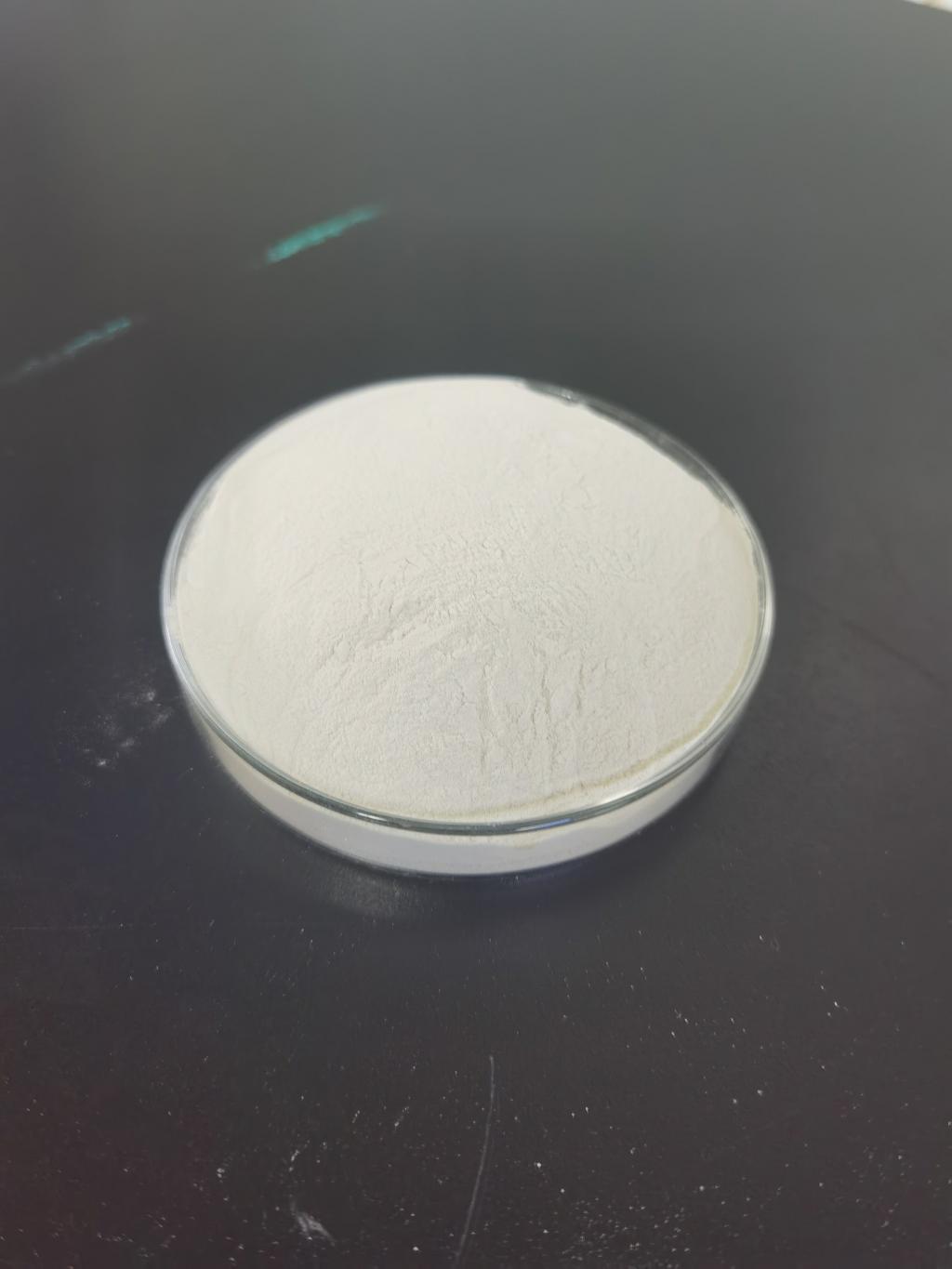Tel:+8618231198596

News
 CONTACT
CONTACT
 CONTACT
CONTACT
- Linkman:Linda Yao
- Tel: +8618231198596
- Email:linda.yao@dcpharma.cn
- Linkman:CHARLES.WANG
- Department:Overseas
- Tel: 0086 0311-85537378 0086 0311-85539701
News
Current Position:
Home >
News
>Nisin's natural origin aligns with consumer preferences for clean-label products.
Nisin's natural origin aligns with consumer preferences for clean-label products.
TIME:2024-03-22
Understanding Clean-Label Trends:
The clean-label movement reflects consumers' increasing demand for food products that are perceived as natural, minimally processed, and free from artificial additives and preservatives. Key drivers behind this trend include concerns about health and nutrition, environmental sustainability, and ethical considerations related to food production and sourcing.
Consumers are increasingly scrutinizing food labels, seeking familiar, recognizable ingredients and avoiding chemical additives and synthetic compounds. Clean-label products are perceived as healthier, safer, and more environmentally friendly, aligning with evolving consumer values and lifestyle choices.
Nisin: A Natural Antimicrobial Solution:
Nisin, derived from the lactic acid bacterium Lactococcus lactis, perfectly embodies the principles of clean-label food production. Its natural origin, along with its effective antimicrobial properties, makes it an attractive choice for food manufacturers seeking to meet consumer demand for cleaner, more transparent ingredient lists.
Properties of Nisin:
Natural Origin: Nisin is naturally produced by certain strains of lactic acid bacteria through fermentation, making it a naturally derived antimicrobial agent. Its production process aligns with clean-label principles, as it involves minimal processing and does not require the use of synthetic chemicals.
Antimicrobial Activity: Nisin exhibits potent antimicrobial activity against a broad spectrum of Gram-positive bacteria, including foodborne pathogens and spoilage microorganisms. Its ability to inhibit bacterial growth and extend the shelf life of perishable foods without the need for synthetic preservatives appeals to consumers seeking natural alternatives.
Applications of Nisin in Clean-Label Products:
Nisin finds diverse applications in clean-label food products across various categories:
Dairy: In the dairy industry, nisin is commonly used in clean-label cheese production to inhibit the growth of spoilage bacteria and pathogens, enhancing product safety and extending shelf life without the need for chemical preservatives.
Meat and Poultry: Nisin is utilized in clean-label meat and poultry products to control bacterial contamination and reduce the risk of foodborne illnesses. Its natural origin resonates with consumers seeking minimally processed, additive-free meat products.
Bakery and Ready-to-Eat Foods: Clean-label bakery items, such as bread, pastries, and snacks, often incorporate nisin as a natural preservative to prevent mold growth and extend shelf life. Similarly, ready-to-eat meals and convenience foods utilize nisin to maintain product freshness without compromising clean-label credentials.
Regulatory Considerations:
Nisin enjoys regulatory approval for use as a food additive in many countries, including the United States and the European Union, where it is generally recognized as safe (GRAS). Its status as a natural antimicrobial peptide derived from fermentation aligns with clean-label requirements, providing food manufacturers with a regulatory-compliant solution for enhancing food safety and quality.
Consumer Perception and Acceptance:
Consumer perception of nisin as a natural, clean-label ingredient largely aligns with its actual properties and origins. Studies have shown that consumers are increasingly receptive to naturally derived preservatives like nisin, viewing them as safer and more desirable alternatives to synthetic additives.
Communicating the presence of nisin in clean-label products can enhance consumer trust and confidence, as it demonstrates a commitment to transparency and ingredient integrity. Clear and informative labeling can help consumers make informed choices and align their purchasing decisions with their values and preferences.
Challenges and Opportunities:
While nisin offers numerous advantages as a clean-label preservative, challenges such as cost, formulation compatibility, and regulatory compliance may arise in its adoption by food manufacturers. However, ongoing research and innovation in natural preservative technologies, including nisin-based formulations, present opportunities for overcoming these challenges and meeting the evolving demands of the clean-label market.
Conclusion:
Nisin's natural origin and potent antimicrobial properties position it as a preferred ingredient in clean-label food products, catering to consumer preferences for natural, minimally processed foods. Its regulatory approval, effectiveness, and compatibility with clean-label principles make it a valuable tool for enhancing food safety, extending shelf life, and meeting the growing demand for transparent, sustainable food options. As the clean-label movement continues to gain momentum, nisin is poised to play a central role in shaping the future of food preservation and innovation, offering a natural solution that resonates with both consumers and food manufacturers alike.
- Tel:+8618231198596
- Whatsapp:18231198596
- Chat With Skype







